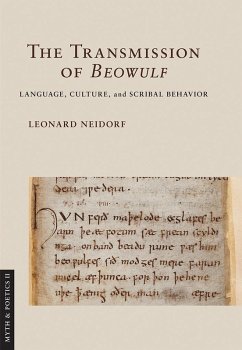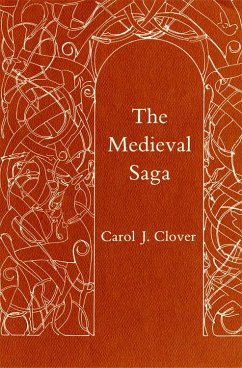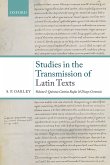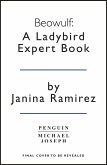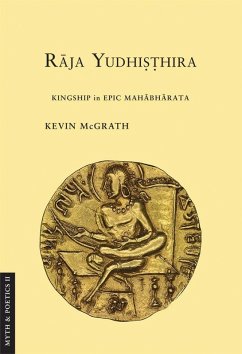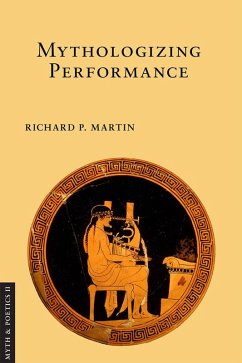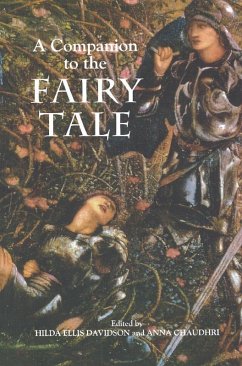Beowulf, like The Iliad and The Odyssey, is a foundational work of Western literature that originated in mysterious circumstances. In The Transmission of Beowulf, Leonard Neidorf addresses philological questions that are fundamental to the study of the poem. Is Beowulf the product of unitary or composite authorship? How substantially did scribes alter the text during its transmission, and how much time elapsed between composition and preservation?
Neidorf answers these questions by distinguishing linguistic and metrical regularities, which originate with the Beowulf poet, from patterns of textual corruption, which descend from copyists involved in the poem's transmission. He argues, on the basis of archaic features that pervade Beowulf and set it apart from other Old English poems, that the text preserved in the sole extant manuscript (ca. 1000) is essentially the work of one poet who composed it circa 700. Of course, during the poem's written transmission, several hundred scribal errors crept into its text. These errors are interpreted in the central chapters of the book as valuable evidence for language history, cultural change, and scribal practice. Neidorf's analysis reveals that the scribes earnestly attempted to standardize and modernize the text's orthography, but their unfamiliarity with obsolete words and ancient heroes resulted in frequent errors. The Beowulf manuscript thus emerges from his study as an indispensible witness to processes of linguistic and cultural change that took place in England between the eighth and eleventh centuries. An appendix addresses J. R. R. Tolkien's Beowulf: A Translation and Commentary, which was published in 2014. Neidorf assesses Tolkien's general views on the transmission of Beowulf and evaluates his position on various textual issues.
Neidorf answers these questions by distinguishing linguistic and metrical regularities, which originate with the Beowulf poet, from patterns of textual corruption, which descend from copyists involved in the poem's transmission. He argues, on the basis of archaic features that pervade Beowulf and set it apart from other Old English poems, that the text preserved in the sole extant manuscript (ca. 1000) is essentially the work of one poet who composed it circa 700. Of course, during the poem's written transmission, several hundred scribal errors crept into its text. These errors are interpreted in the central chapters of the book as valuable evidence for language history, cultural change, and scribal practice. Neidorf's analysis reveals that the scribes earnestly attempted to standardize and modernize the text's orthography, but their unfamiliarity with obsolete words and ancient heroes resulted in frequent errors. The Beowulf manuscript thus emerges from his study as an indispensible witness to processes of linguistic and cultural change that took place in England between the eighth and eleventh centuries. An appendix addresses J. R. R. Tolkien's Beowulf: A Translation and Commentary, which was published in 2014. Neidorf assesses Tolkien's general views on the transmission of Beowulf and evaluates his position on various textual issues.
Dieser Download kann aus rechtlichen Gründen nur mit Rechnungsadresse in A, D ausgeliefert werden.

